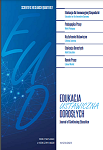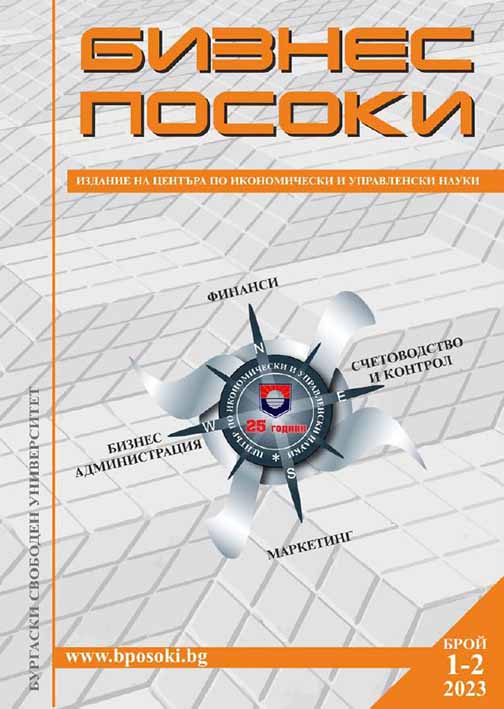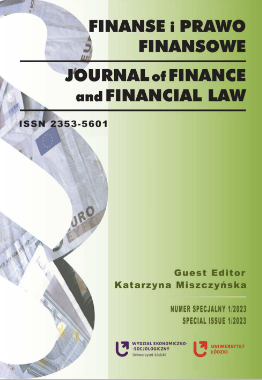Author(s): Danuta Szwajca / Language(s): Polish
Issue: 8/2014
Reputation constitutes a very valuable, intangible asset of the modern enterprise, generating many tangible benefits. Companies with good reputation have more loyal customers, attract more talented employees, acquire attractive investors, what results in a possibility of achieving higher profits, a high market value and better development prospects. Reputation is also an im-portant strategic resource, because due to being unique and difficult to follow, it can be a long-term source of competitive advantage. Building positive reputation requires meeting the needs and expectations of many different groups of stakeholders, among which the main ones are: customers, business partners, investors, employees, authorities and organizations as well as society as a whole. Each of these groups evaluate the company from their own perspective, through a prism of their own interests, therefore reputation characterized by distinct determinants, such as: quality, governance, financial performance, working conditions, social responsibility.In the recent years, one of the most important determinants of good reputation becomes CSR (Corporate Social Responsibility) understood as a concept taking into account the interests of society and environment, as well as relationships with various interest groups by the company in the process of building and implementing its strategy. In practice this means that the voluntary commitment of resources companies in the implementation of projects and initiatives aimed at meeting the needs of local communities, as well as society as a whole. This paper presents the importance of social enterprise activity in the process of building positive reputation with an indication of the accompanying dilemmas of theoretical and practical nature.
More...












